Life happens
Chasing dreams and facing reality in Penitence
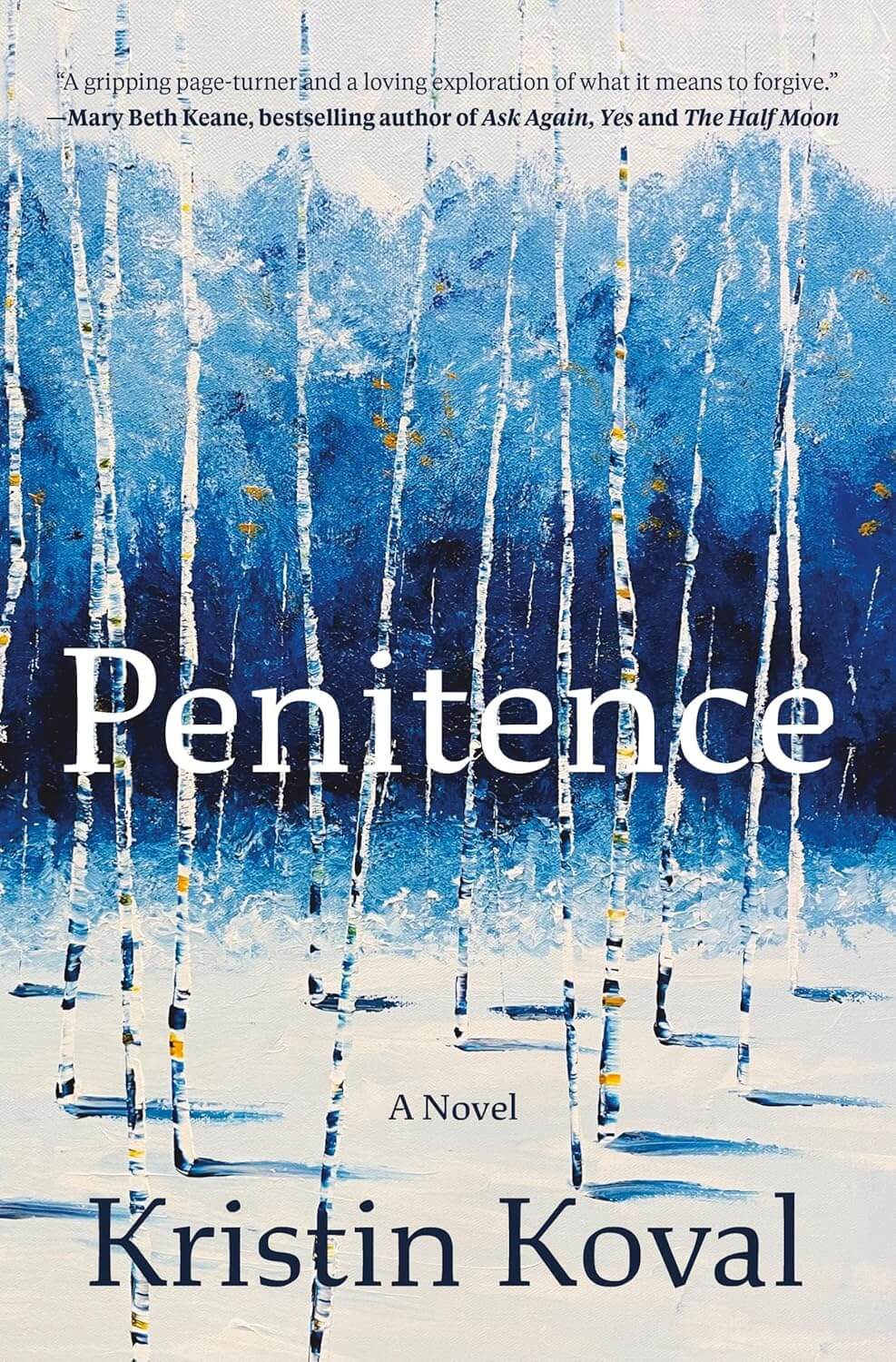
Chasing dreams and facing reality in Penitence
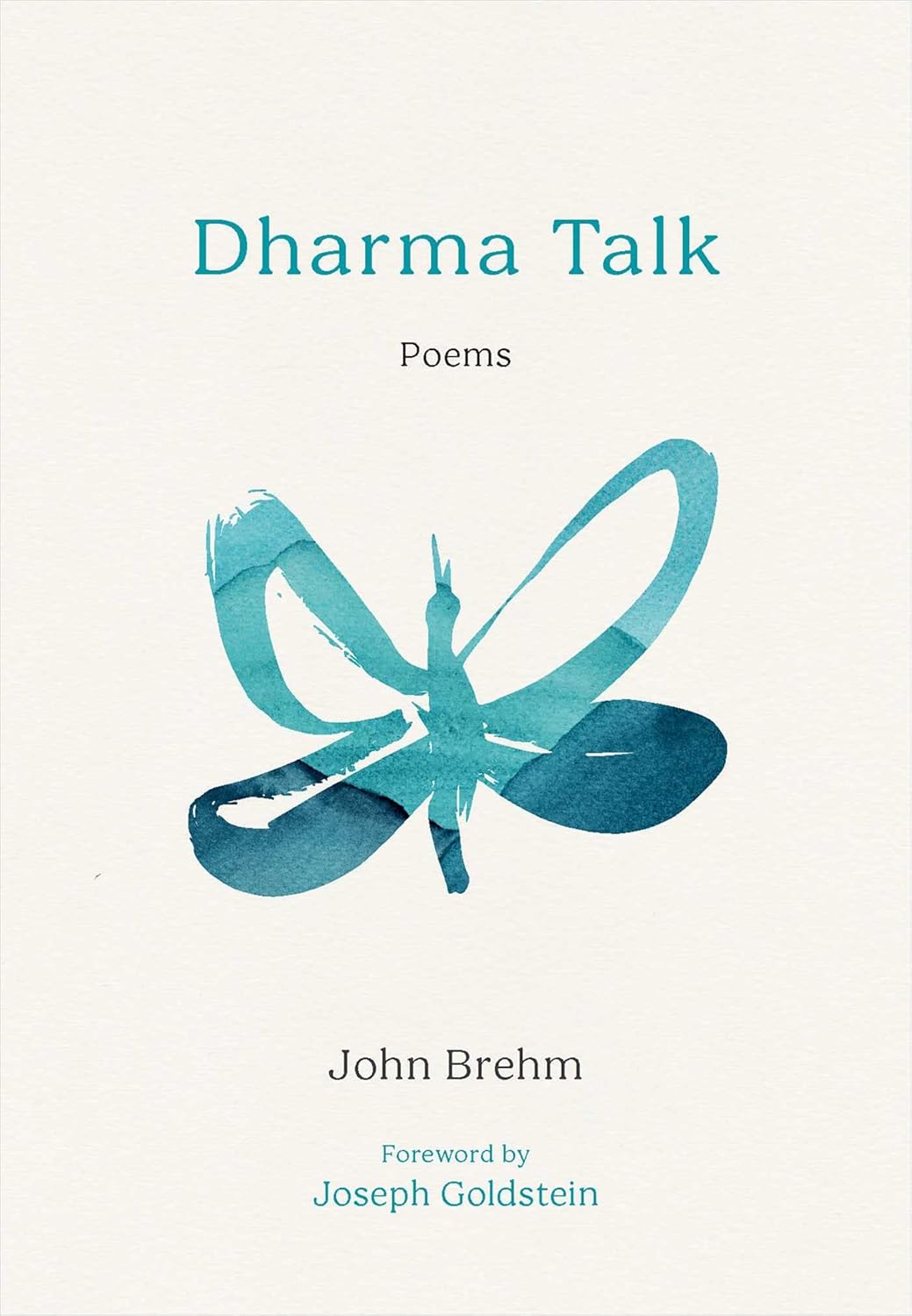
Pocket-sized dharma for the never-ending path
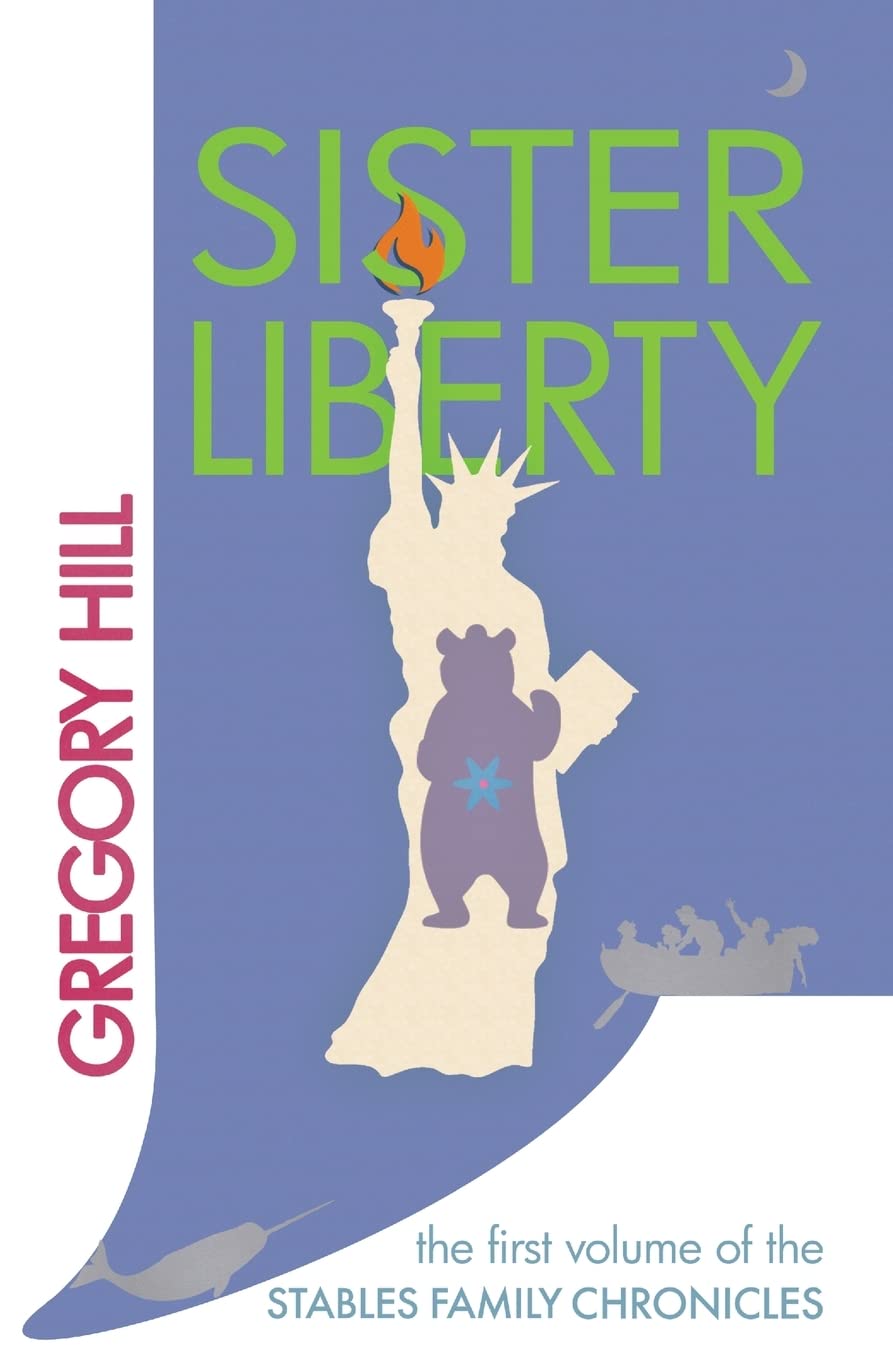
Honora, Gravity, Temperance and a bunch of wacky Hoosiers
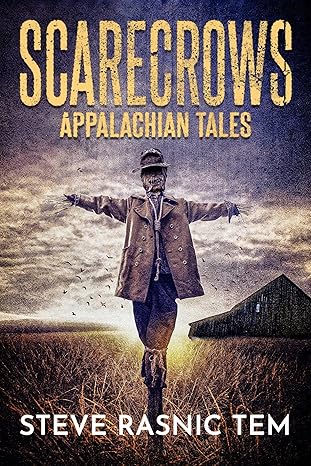
Prolific Colorado writer Steve Rasnic Tem visits native ground in these Appalachian tales
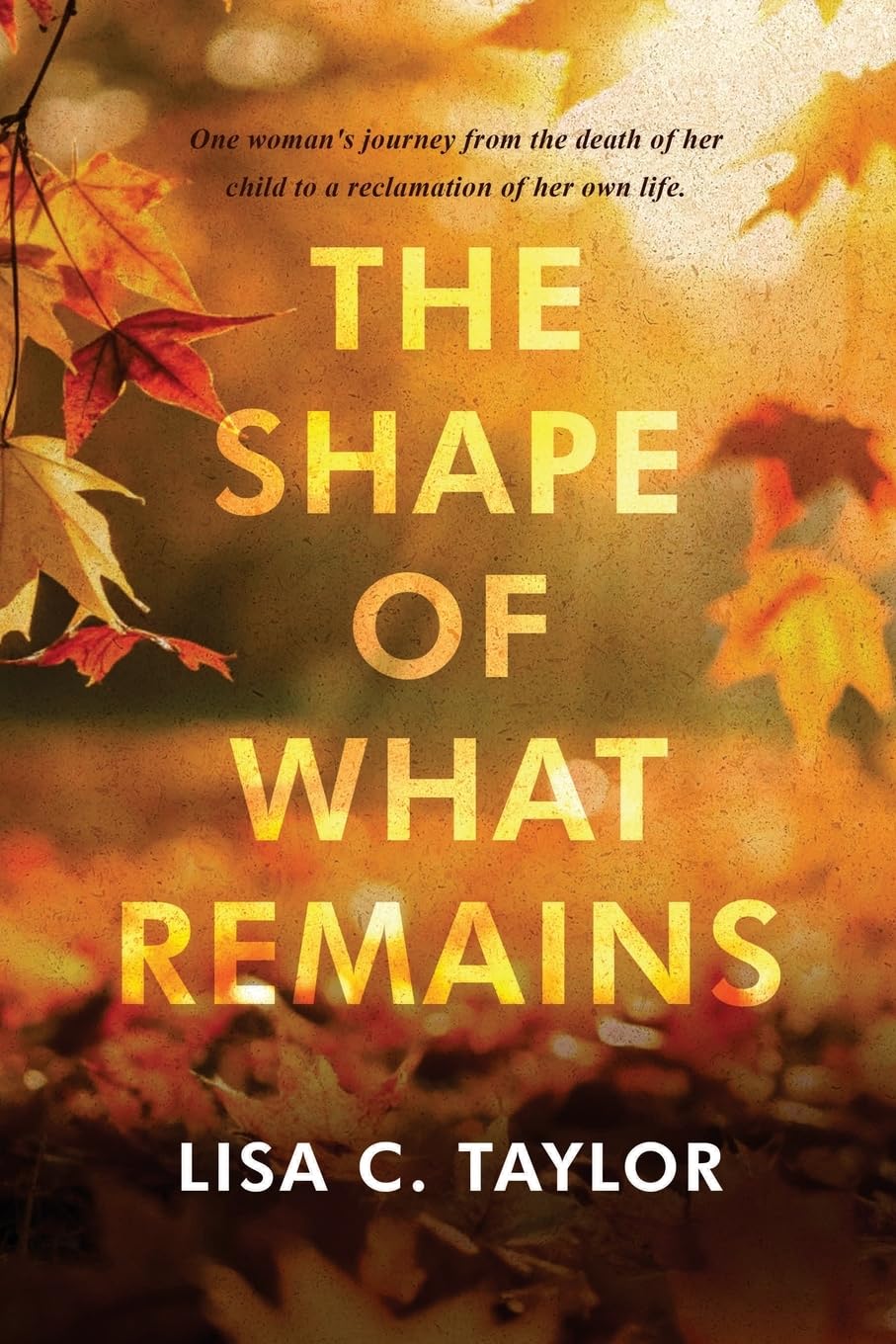
Novel digs deep into prolonged grief
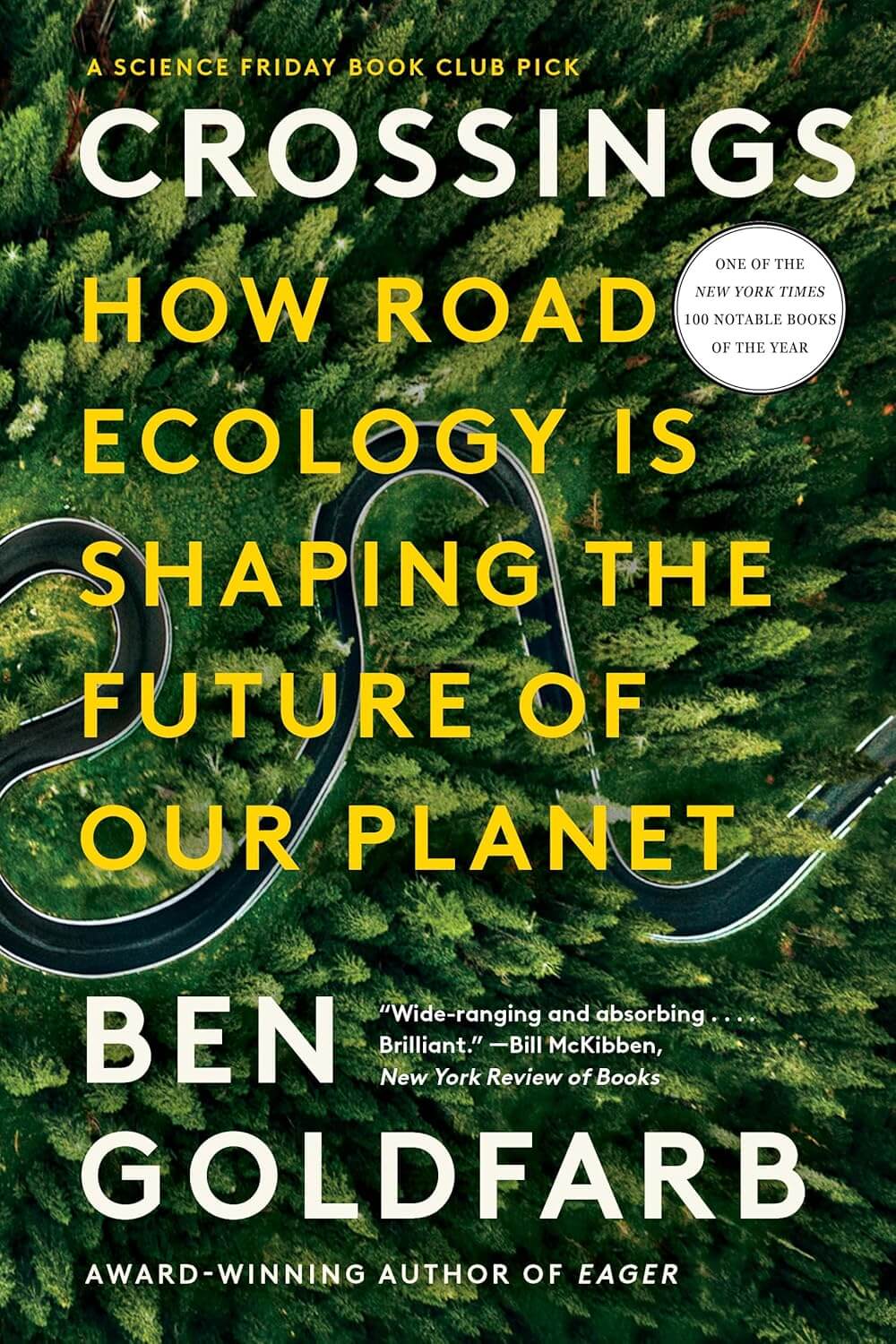
Award-winning book makes us think about the cost of paving the world
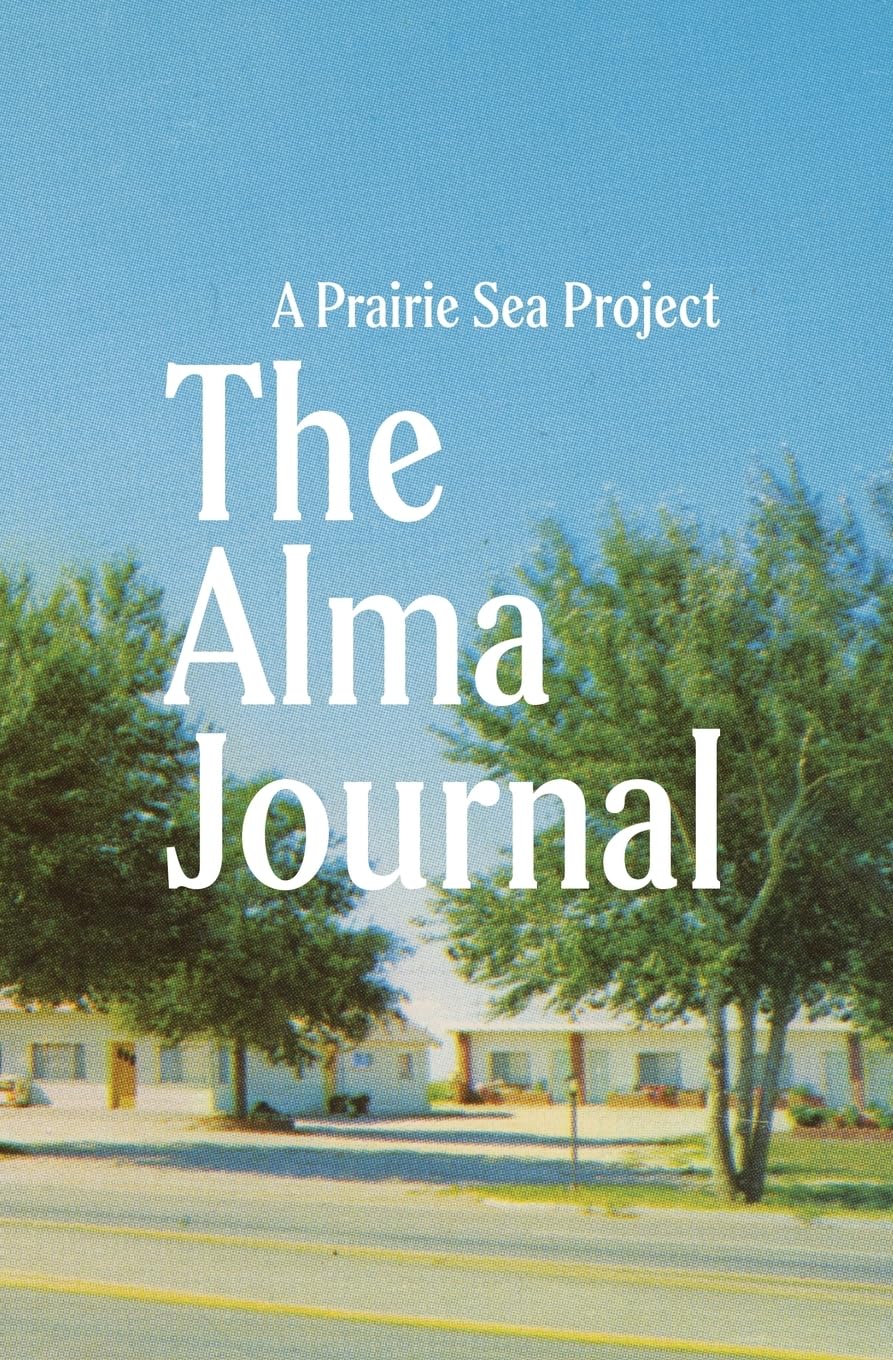
An anthology of work by writers in the Alma Residency Program of Joes, Colorado
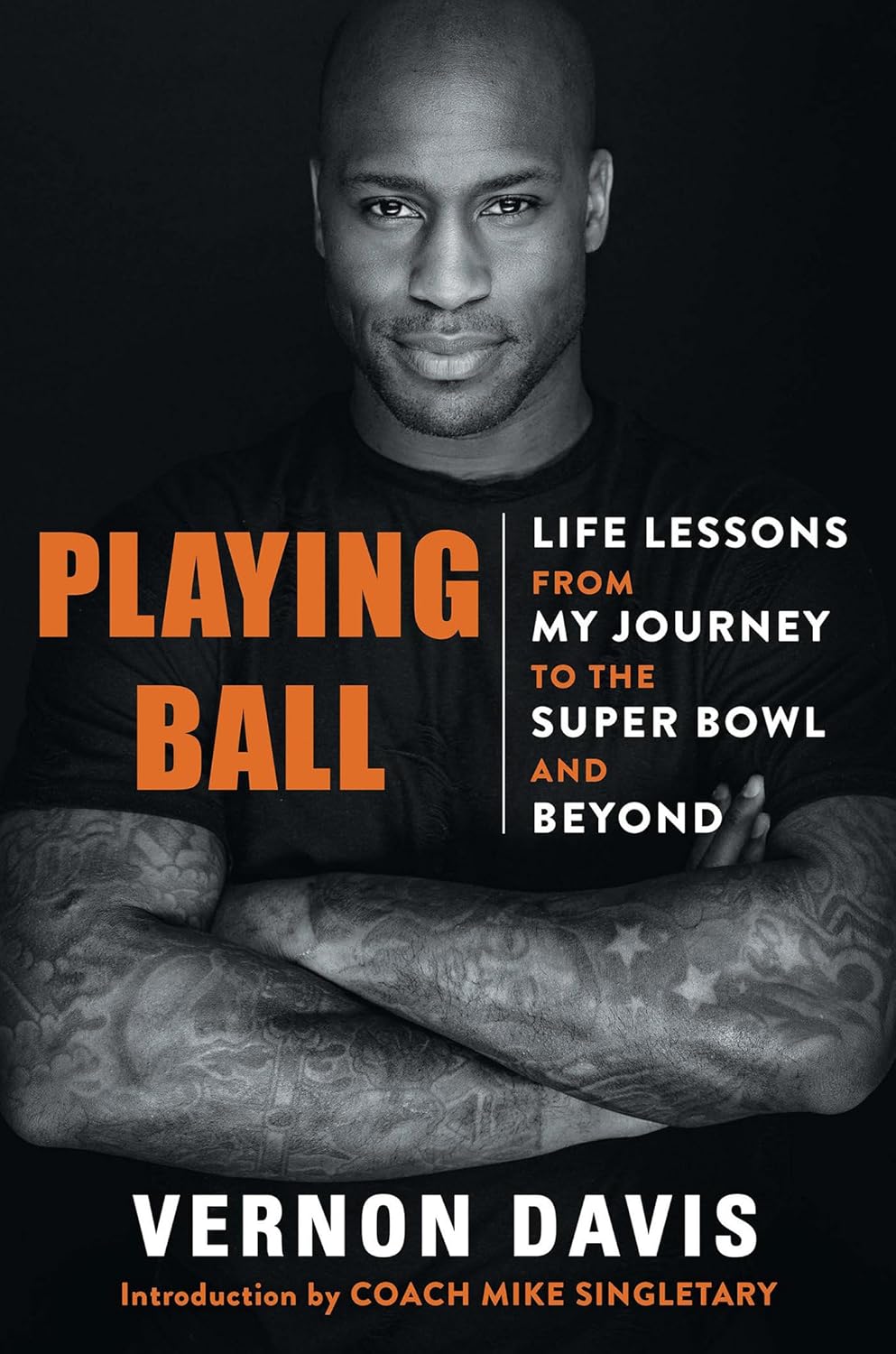
An autobiography by football great, former Bronco Vernon Davis
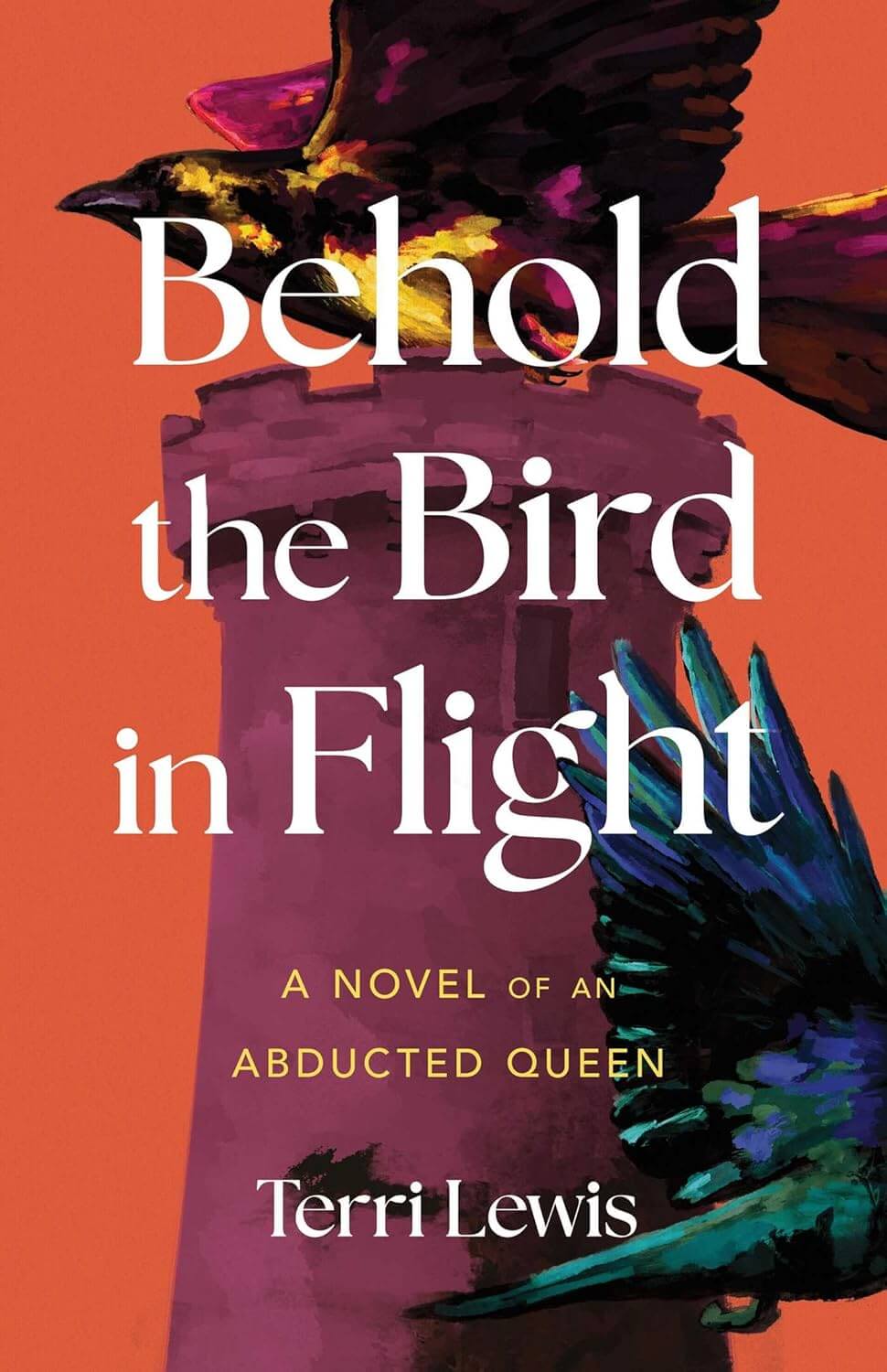
Terri Lewis grew up in Colorado, was a ballet dancer with a German opera company and worked in a circus. It may come a surprise, then, that her debut novel is about the life of Isabelle d’Angoulême, the 11-year-old French noble abducted by England’s King John (yes, that King John—the Magna Carta and all), taken back to England and made queen. As the novel progresses, we realize that Lewis is also a trained historian and an excellent researcher with a passion for medieval times.
The narrative is lively and compelling. Drawing on scant primary sources and historical records, Lewis creates Isabelle as a rich, complex character. Lewis renders Isabelle’s development from a silly child into an effective queen and independent agent able to direct her own destiny, thus fashioning a believable heroine immersed in a believably detailed world.
The story opens in 1198. Isabelle is betrothed to Hugh de Lusignan, who is appreciative of her future dowery but smitten with someone else. Isabelle senses that something is amiss and decides to play at courtly love by flirting with the Plantagenet king. King John, in turn, is smitten by young Isabelle and spirits her away. Her childish fantasies of true love and life in a beautiful castle are quickly dashed when she discovers how cruel her new husband really is. The narrative, while centered on Isabelle, offers the changing perspective of Hugh, and it incorporates the historically well-known characters, Eleanor of Aquitaine (John’s mother) and Richard the Lion Heart (John’s brother) as secondary characters in the Plantagenet drama.
As was the case with most noble women in the 12th and 13th centuries, Isabelle is initially a mere pawn for the men around her—expected to bring her husband a rich marriage settlement and then breed heirs. Learning from the formidable Queen Eleanor, as well as from the exceptionally strong women from the servant classes, this coming-of-age story reveals a more nuanced path than one might initially expect. Isabelle’s increasing autonomy and her growing skill at navigating the complexities of the court and surrounding society make for an exciting read. Although the last few chapters seem a bit rushed, this novel will charm fans of historical fiction and remind us all of the many lesser-known women who have shaped history and, thus, ourselves.
— Perrin Cunningham